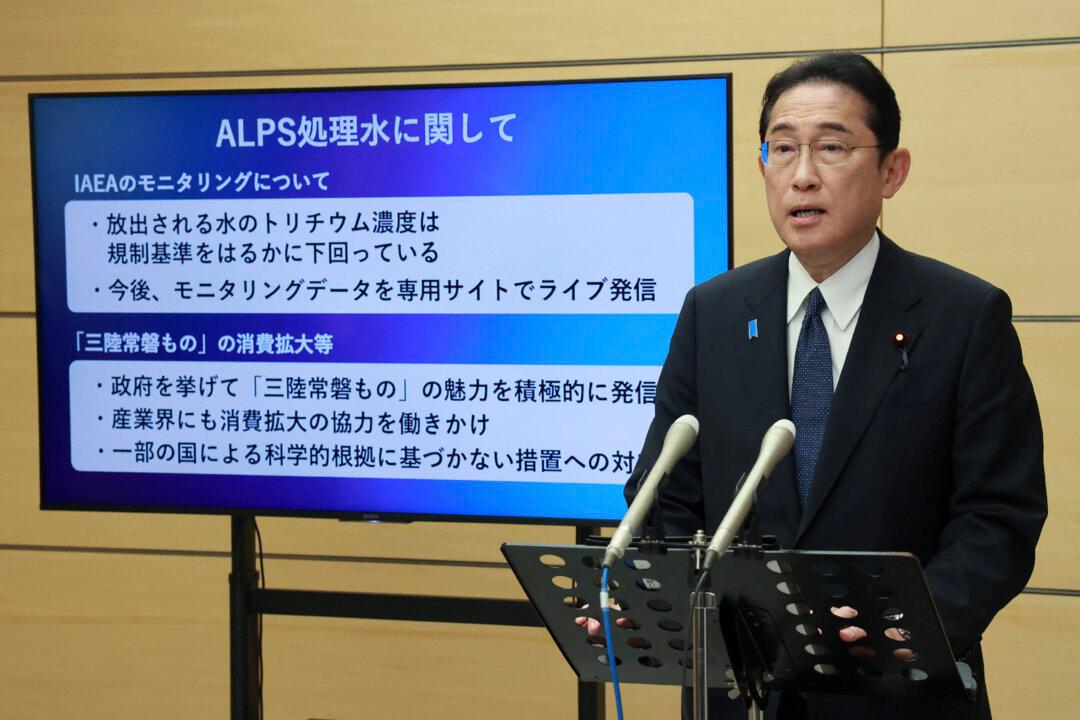Japanese Prime Minister Fumio Kishida has announced a 17 trillion yen ($113 billion) economic package that’s aimed at supporting households and businesses to cope with inflationary pressure.
The package will include a temporary 40,000 yen ($266) tax cut per person beginning in June 2024, as well as 70,000 yen ($466) in payouts to households that are struggling to make ends meet, he said at a Nov. 2 news conference.





